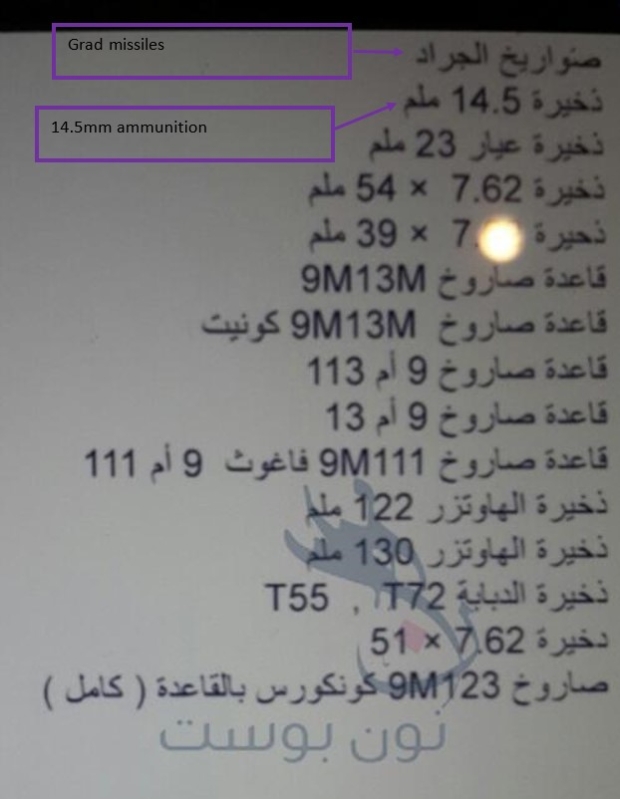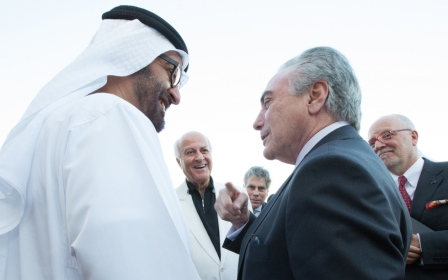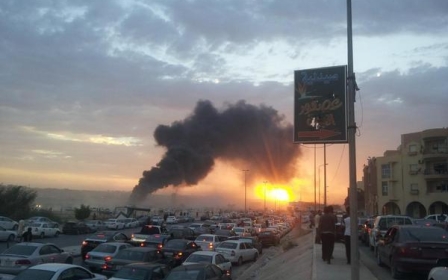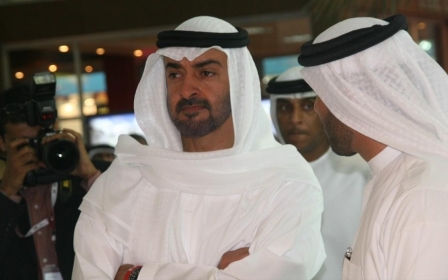Email leak suggests long-term Egyptian role in Libya crisis
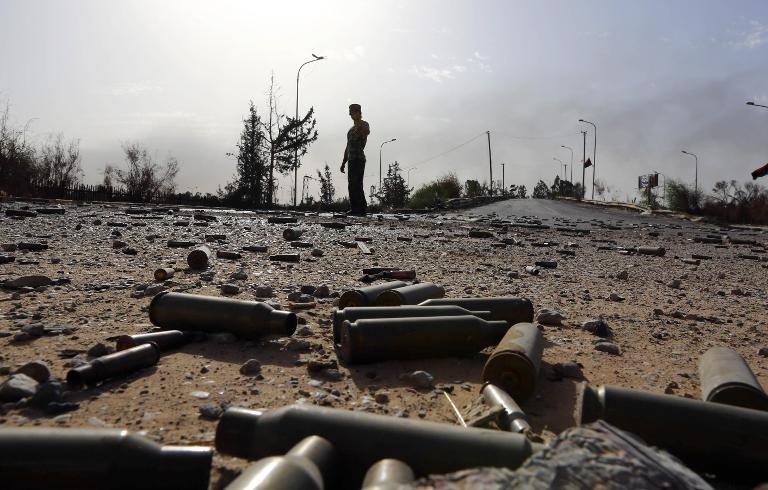
Leaked email correspondence between Libyan and Egyptian officials reveal Egypt’s involvement in the ongoing Libyan conflict, and suggests Egyptian support for General Khalifa Haftar in his fight against militant groups and Islamists.
Messages exchanged between Libya's former transport minister in the now-defunct government led by Prime Minister Abdullah al-Thinni and Mohammed Abubakr Fattah, an official in Egypt's ministry of foreign affairs, appear to show that Libya requested ammunition and weapons from Egypt throughout August, reports Arabic news portal Noon Post.
Screenshots obtained by Noon Post appear to show emails containing extensive lists of the names of various types of ammunition and parts, sent by the Libyan official to the Egyptian representative throughout August.
The first email included in the report appears to date back to 12 August, with follow-up correspondence over the next two weeks.
The leaked emails, which do not include any reply from the Egyptian official, are titled "Appendix of Requests."
Egypt has consistently denied reports that it has interfered directly in Libyan affairs during its ongoing crisis, as rogue General Haftar continues a campaign launched on 16 May with the stated aim of wiping out the militia groups who hold sway in much of the country.
In August, American officials expressed their fury that US allies Egypt and the UAE had launched secret airstrikes on the capital Tripoli twice within a week, according to a report by the New York Times.
The airstrikes targeted Islamist-allied militants from Libya Dawn, a group often targeted by forces allied to General Haftar's anti-militia campaign, dubbed Operation Dignity.
The strikes, launched by night with a high level of accuracy, would have required greater technical capabilities than those boasted by Haftar's war planes.
However, Egyptian officials denied the reports, referring to previous statements in which they had refuted any possibility that Egyptian war planes were involved in strikes on militia-controlled areas of Tripoli.
Egypt's Foreign Minister Sameh Shoukri stressed at a press conference on 26 August, a day after the report circulated, that Egypt "is not involved in any military action, and nor does it have any military presence in Libya."
However, officials from the embattled House of Representatives said at the same conference that Egypt had "promised support and the provision of military equipment for the Libyan army."
The leaked emails appear to suggest that military co-ordination aiming to combat militia influence in Libya, and any potential spillover into volatile Egypt, may have begun long before that date.
Middle East Eye propose une couverture et une analyse indépendantes et incomparables du Moyen-Orient, de l’Afrique du Nord et d’autres régions du monde. Pour en savoir plus sur la reprise de ce contenu et les frais qui s’appliquent, veuillez remplir ce formulaire [en anglais]. Pour en savoir plus sur MEE, cliquez ici [en anglais].


